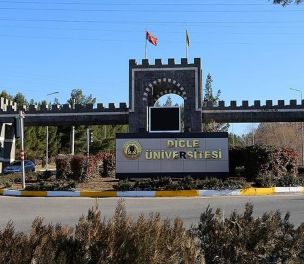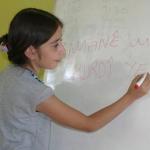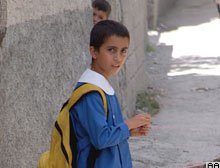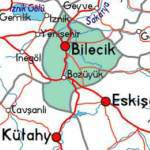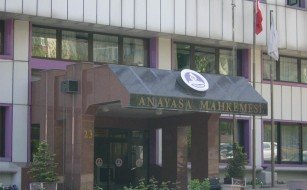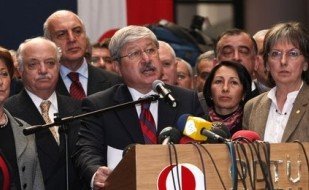Abdullah Canan from Yüksekova in the southeastern province of Hakkari said:
“I want my children’s mother tongue to be Kurdish. If I speak Turkish to them at home, they will never learn Kurdish. They will learn Turkish as soon as they start school, but there is no Kurdish education.”
In Yüksekova, and Hakkari in general, Kurdish is very common and he grew up speaking it to his parents:
“I learnt Turkish when I started primary schol. We had more problems than those who knew Turkish. Because our teacher did not know any Kurdish, we used friends who knew both languages to translate. If the teacher had known Kurdish it would have been easier.”
Alienated from own literature
Canan regrets that he cannot understand Kurdish publications or literature: “If we had been taught Kurdish and new words, we would have enjoyed reading books.”
At a seminar entitled “Basic Problems and Differences in Perspectives in the Education System” in Hakkari, Prof. Dr. Fatma Gök, lecturer at the Bosphorus University Education Faculty, described the “unforgivable shame” of denying people education in their mother tongues:
Mother tongue education to avoid alienation
“Pedagogically, a child can learn three languages at the same time. But the educational period should start with the child’s mother tongue. Otherwise, children are alienated from school.”
Teachers who had taught in Hakkari described their experiences of trying to teach children whose mother tongue was not Turkish, and criticized the Ministry of Education:
“Would it not be better to teach them in their mother tongue and teach Turkish as a second language?” (GG/TK/AG)






